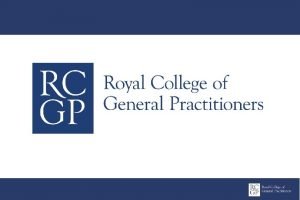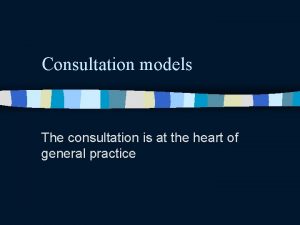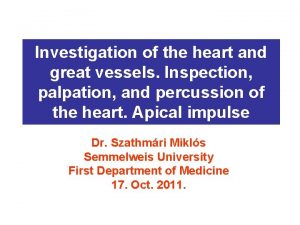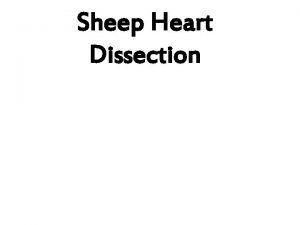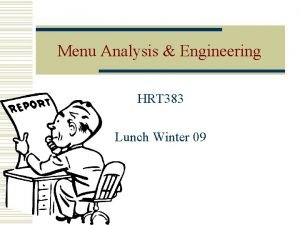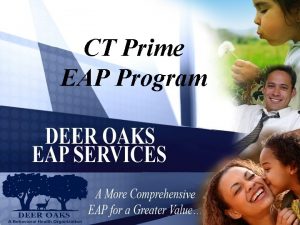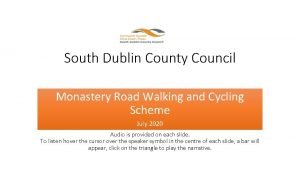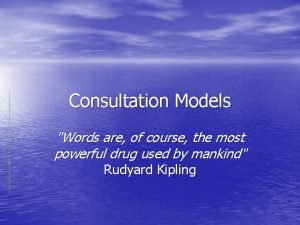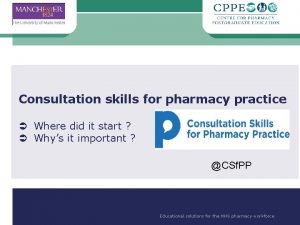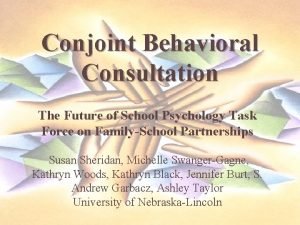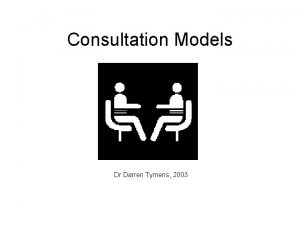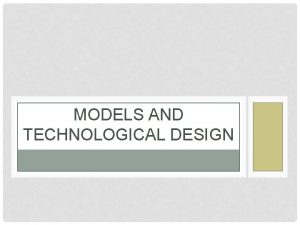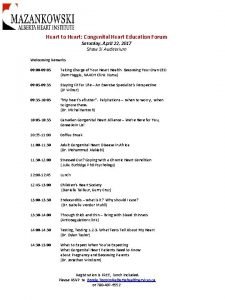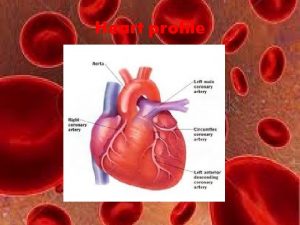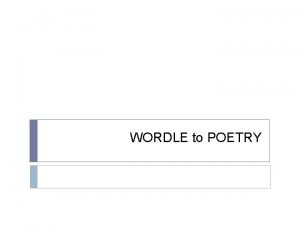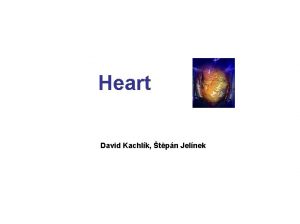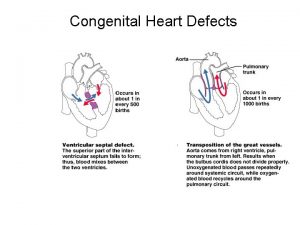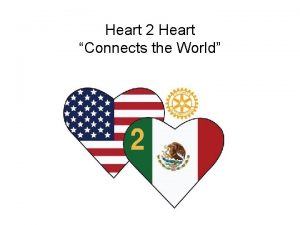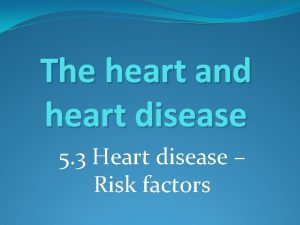Consultation models The consultation is at the heart
















- Slides: 16

Consultation models The consultation is at the heart of general practice

What’s a model? n Copy of an object, usually small scale (Lego, model village) n Something copied as basis for related idea (blueprint) n Excellent example that deserves to be imitated

Why study consultation models? n To understand consultation better and therefore consult better n To pass MRCGP

Stott and Davis n 1. 2. 3. 4. Lists the tasks in the consultation Management of presenting problem(s) Management of continuing problem(s) Modification of health seeking behaviour Opportunistic health promotion

Roger Neighbour (The Inner Consultation) n 1. 2. 3. 4. 5. Checklist of processes in the consultation Connecting (building rapport) Summarising (making sure patient and you are on the same track) Handover (giving patient responsibility, negotiating and influencing) Safety-netting (checking you’ve not missed anything, making contingency plan) Housekeeping (looking after yourself between patients)

Pendleton 1. 2. 3. 4. 5. 6. 7. Define the reason for the patient’s attendance Consider other problems Choose with the patient an appropriate action for each problem Achieve a shared understanding of the problems with the patient Involve the patient in management Use time and resources appropriately Establish/maintain relationship with patient which helps achieve the other tasks

Calgary-Cambridge Guide n 1. 2. 3. 4. 5. Analyses micro skills under 5 headings Initiating the session (initial rapport, reasons for consultation) Gathering information (explore problem, understand pt perspective, structure consn) Building the relationship (develop rapport, involve pt) Explanation and planning (provide correct amount/type of info, aid accurate recall/understanding, achieve shared understanding including pt’s perspective) Closing the session (summary, contract, safety netting, final check)

Peter Tate n Not a consultation model but the scheme used in his book 1. Discover reasons for attendance 2. Define the clinical problem(s) 3. Explain the problem(s) to the patient 4. Manage the patient’s problem 5. Make effective use of the consultation

Tate - 1. Discover reasons for attendance n Encourage patient’s contribution n Observe and use cues n Obtain relevant social and occupational information n Explore patient’s health understanding

Tate - 2. Define the clinical problem n Sufficient info not to miss any serious condition n Reasonable examination n Appropriate working diagnosis

Tate - 3. Explain the problems to the patient n Explain diagnosis, management, effects of treatment n Use appropriate language n Use the patient’s health understanding n Check their understanding

Tate - 4. Manage the patient’s problem n Make sure the plan is appropriate for the working diagnosis n Share the management options

Tate - 5. Make effective use of the consultation n Use time appropriately n Prescribe appropriately n Develop and use your relationship n Give opportunistic health advice

More approaches to the consultation n n n Balint (doctor-patient relationship) Transactional Analysis (Parent, adult, child) Middleton (doctor’s and patient’s agendas, communication skills, negotiated plan) Triaxial or triangular model (physical, psychological, social) Neurolinguistic Programming (fine tuning of communication skills/body language) Narrative Medicine (focuses on patients’ histories as story-telling, doesn’t assume superiority of biomedical explanation)

Ways of recording, describing and evaluating consultations n n n n Audiotape recording ‘Verbatim’ written account Consultation critique sheet (see Tate’s book) Consultation map (see Tate’s book) Self appraisal proforma (see Tate’s book) Workbook or log (see Tate’s book) Questionnaire(for doctor and patient) (see Tate’s book) …. . and, of course, video

Reading about the consultation n n n n Roger Neighbour The inner consultation Peter Tate The doctor’s communication handbook Pendleton et al The new consultation Silverman et al Skills for communicating with patients (Calgary Cambridge) Michael Balint The doctor, his (!) patient and the illness Salinsky and Sackin What are you feeling, doctor? Donovan and Suckling Difficult consultations with adolescents John Launer Narrative based primary care Lewis Walker Consulting with NLP
 Bradford vts consultation models
Bradford vts consultation models Helman consultation model
Helman consultation model Neighbour model of consultation
Neighbour model of consultation Modal and semi modals
Modal and semi modals Right border of the relative cardiac dullness is formed by
Right border of the relative cardiac dullness is formed by Sheep heart diagram
Sheep heart diagram Heart 2 heart
Heart 2 heart Dteenergy.com/hec
Dteenergy.com/hec Balint consultation model
Balint consultation model Deer oaks consultation services
Deer oaks consultation services Sdcc consultation portal
Sdcc consultation portal Pwsb mortgage rates
Pwsb mortgage rates Stott and davis model
Stott and davis model Home buyer consultation
Home buyer consultation Consultation skills for pharmacy practice
Consultation skills for pharmacy practice Service delivery consultation
Service delivery consultation Behavioral consultation
Behavioral consultation
